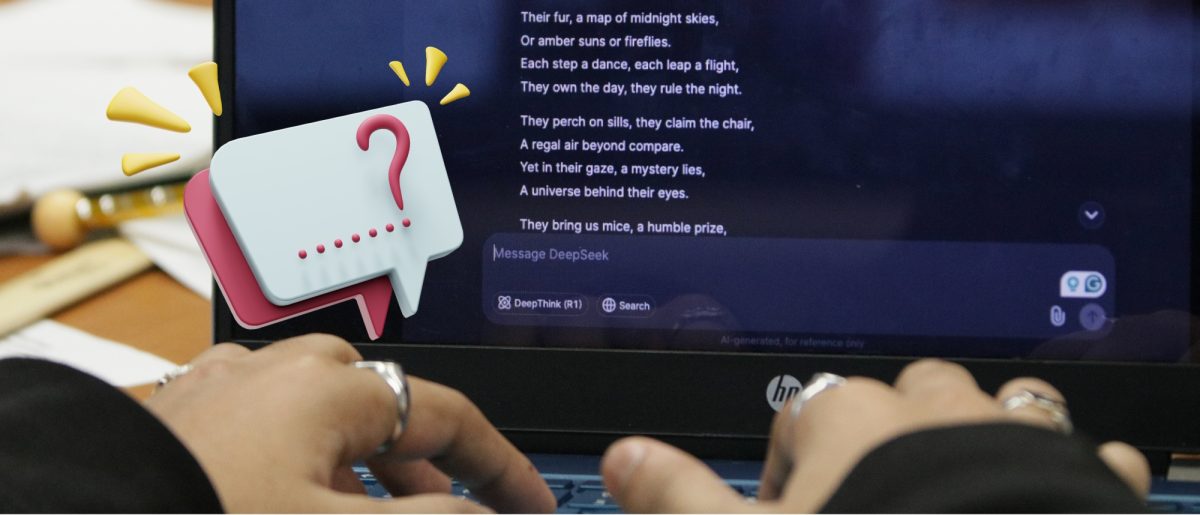The price of attending Dallas College is going up in the Spring 2025 semester. The college’s board of trustees approved an increase for in-county tuition by $20 per credit hour — from the current rate of $79 to $99 at the Sept. 10 board meeting. This increase of just over 25% will bring the cost of a three-credit-hour class to $297 for Dallas County residents.
According to Chancellor Justin Lonon, the tuition increase is a necessary step to support the college’s ongoing investments in resources that directly benefit students, such as mental health services, childcare, food pantries and transportation. The institution and its employees are aware that the adjustment will affect students in different ways, he said.
“Every employee, every faculty member, every member of leadership, the board of trustees, are sensitive to this and don’t want to unduly impact students,” he said. Lonon also addressed whether the tuition increase reflected any changes in graduation rates. Despite a 16% drop in enrollment from the college’s prepandemic high, the number of student credentials has only declined by 8%. He attributed that to the college’s continued investment in wraparound services that help students overcome life barriers outside the classroom.
Lonon emphasized the importance of these services. “It is critically important that we continue to invest in those wraparound services that will help our students succeed,” he said. He added that the investment in resources like food pantries, childcare and mental health services has played a key role in supporting students beyond their academic needs.
Currently, only 2% of the college’s tuition revenue comes from students paying out of pocket, with the majority relying on financial aid. As tuition increases, the cost of attendance for financial aid calculations will also adjust, meaning students may qualify for more aid as a result.
In response to concerns raised by international students, who pay higher tuition rates, Tiska Thomas, chief financial officer, said that international tuition fees would also increase. However, she said that additional support through scholarships and institutional waivers remains available. “We’re aware of the unique challenges faced by international students, and we’re working to ensure that there are resources available to assist them,” Thomas said.
Lonon also acknowledged the difficulties faced by international students. “I understand the challenges they are facing, and we are actively seeking ways to make their experience at Dallas College more accessible,” he said.
Between now and when the increase goes into effect at the start of the spring semester, the college will be actively working to keep students informed about the upcoming changes. “We know that this is not a one-size-fits-all solution, and we welcome input on how we can better communicate with students,” said Liz Scruggs, associate deputy chief of communications. She said the goal is to ensure that no student feels left behind or unaware of the resources available to them. Scruggs said that Dallas College is actively working to ensure students are well-informed about the upcoming changes. There are plans to roll out Frequently Asked Questions, newsletters and other materials to explain the reasons behind the tuition increase and how it will affect students.
Lonon said they are committed to addressing housing barriers in collaboration with community partners.
“We are continuously looking for ways to address these barriers, whether it’s through housing initiatives or expanding our basic needs support”, he said. Lonon added that for now, there’s existing emergency aid and support services available to students through the college’s Basic Needs department, which provides resources and guidance for those struggling with housing and other essential needs.







